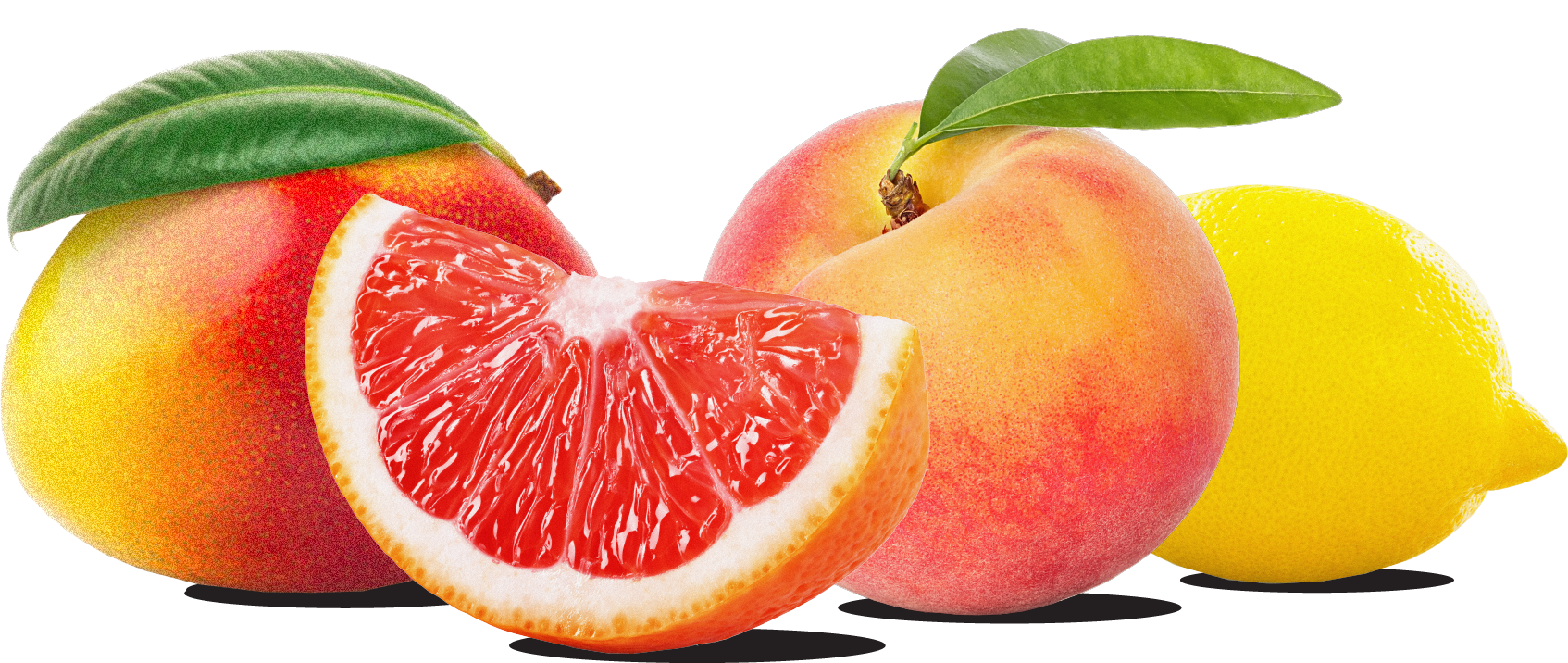Why Can’t Humans Produce Vitamin C?
In a who’s who of vitamins, vitamin C is right up there as one of the most well-known, yet in our opinion, most underestimated vitamins.
Vitamin C should be considered a superpower because it’s involved in hundreds of processes in the body, from enzymatic reactions such as energy metabolism to manufacturing neurotransmitters and the production of collagen, helping to protect our skin, muscles, and joints. With high doses, it can even be used to treat chronic illnesses such as cancer.
However, unlike many other vital vitamins, such as vitamin D and some B vitamins, the human body cannot produce vitamin C, so we must consume it in our diet.
Why do we need Vitamin C?
Vitamin C, also known as ascorbic acid, has a wealth of crucial roles in keeping us healthy, including as an antioxidant, helping to protect our cells, maintaining healthy skin, blood vessels, bones and cartilage and helping with wound healing. In addition to this, studies have shown that it has been proven to reduce the severity and shorten the duration of the common cold – of which there are more than 200 varieties – powerful protection!
Clinical vitamin C deficiency can lead to a condition called scurvy which causes swollen, bleeding gums, easy bruising and the development of red or blue spots on the skin. However, thankfully this is very rare, and you’re unlikely to suffer unless you have eaten almost zero fruit and veg for at least 3 months.
Why humans cannot produce Vitamin C
Most mammals are physiologically able to synthesize their own sources of vitamin C in the liver. However, the ape family, including humans (and guinea pigs!), are all unable to do so.
This has been put down to evolutionary reasons, despite the fact we are originally thought to have been able to produce vitamin C as ancient primates. Over a very long period of time (we’re talking millennia here), we have had access to an abundance of fresh fruit and vegetables. So in the modern day, there is no need for us to produce vitamin C ourselves. The gene that coded for vitamin C synthesis has been ‘deactivated’ (we know this because it still remains in human DNA).
How much Vitamin C do we need?
According to the NHS, adults aged 19 to 64 need 40mg of vitamin C daily. However, a recent study published in the American Journal of Clinical Nutrition suggests that we should be consuming double that – as these levels were set during World War II when the objective was to avoid scurvy rather than to maximise health.
For optimal health, we need to be looking closer to 1000mg per day – which is now considered to be a safe upper limit. Taking vitamin C at higher doses is unlikely to be harmful and, if not utilised by the body, will be excreted in our urine. Excessive amounts of vitamin C (in supplement form) may cause stomach pain, nausea and diarrhoea.
How to get enough Vitamin C from your diet
If you consume plenty of fruit and veg in your diet, it’s unlikely you’re going to become deficient in vitamin C. Research has shown it’s very difficult to go overboard. So really, it’s a case of the more, the merrier!
While you might think citrus fruit and oranges are the best sources of vitamin C, they are far from the top of the list. In fact, 100g of red pepper has 4.5 times the amount of vitamin C than an orange - you might not have been expecting that!
Best food sources for vitamin C:
- Acerola cherries
- Blackcurrants
- Broccoli
- Brussel Sprouts
- Green leafy vegetables
- Kale
- Kiwis
- Oranges
- Red & yellow peppers
- Strawberries
Best vitamin C supplements:
Our Vitamin C Drinks

Our Vitamin C Daily Supplement

Our Multivits Daily Supplement

Summary
You’re probably well aware of vitamin C and some of the fantastic and wide-ranging health benefits it provides… and now you know why we must consume it in our everyday diet.
You can also be safe knowing that vitamin C deficiency is highly unlikely, and if you’re feeling under the weather, it’s almost impossible to take too much. So you can happily keep topped up in a way that suits you, whether that’s by blending up lots of fruit and veg in a smoothie or enjoying a sip of Get More Vits sparkling orange drink!
Wanting to learn more about vitamins? Check out our other post, which explains how long it takes for vitamins to work.
 |
Author |

